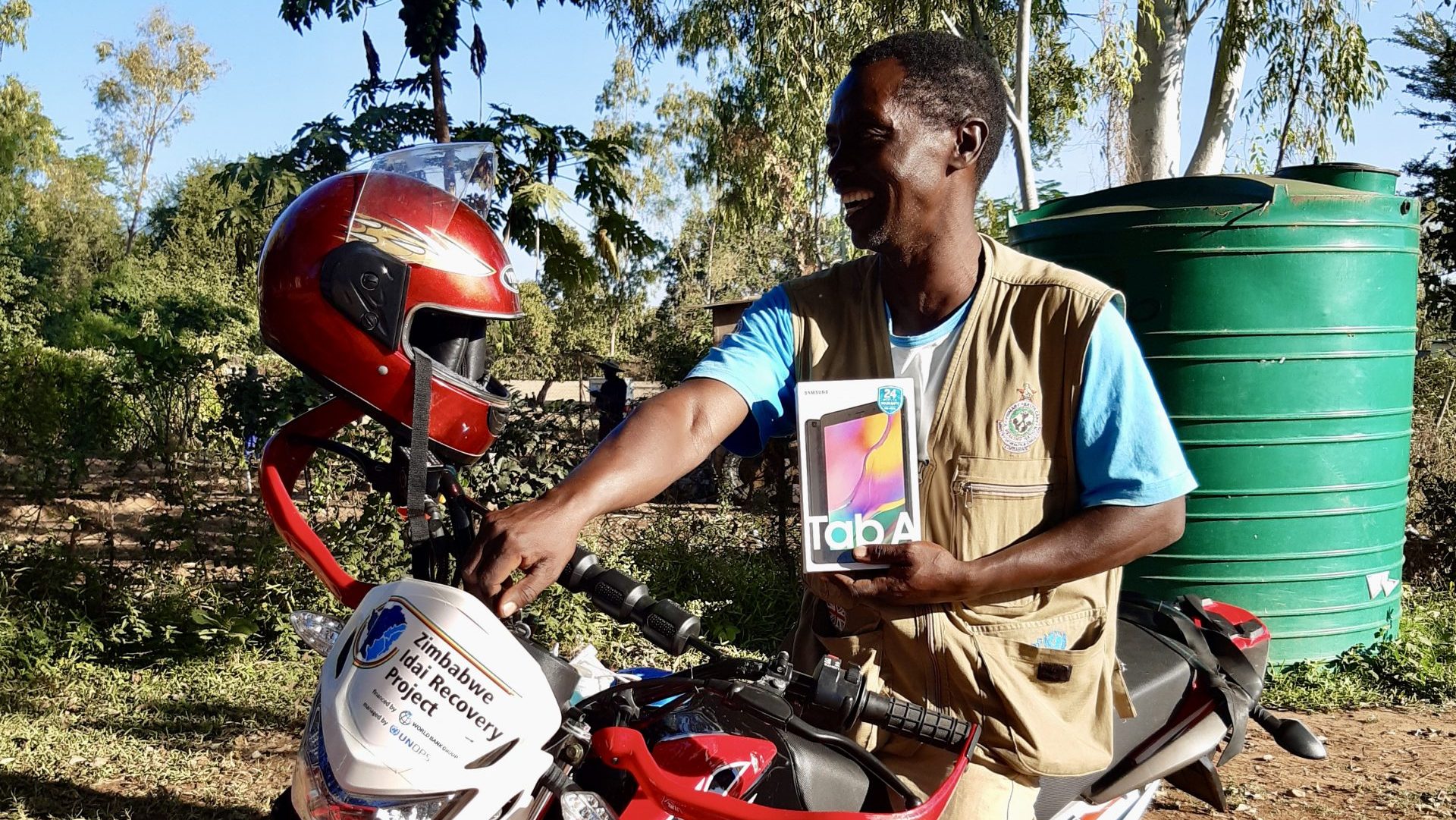Manicaland’s COVID-19 Rapid Response Team gains new skills and knowledge on COVID-19 surveillance
Manicaland Provincial and District COVID-19 Rapid Response Team’s (RRTs) COVID-19 surveillance has drastically improved. 90 Environmental Health Technicians (EHTs) and 30 District RRTs were trained on COVID-19 surveillance and other epidemic-prone diseases in partnership with the Ministry of Health and Child Care (MoHCC). Disease surveillance helps evaluate the effectiveness of control and preventative health measures based on data collection, analysis and interpretation.
“We saw it necessary to support the MoHCC by equipping District RRT members with skills and resources to respond effectively to the pandemic as the country is currently experiencing a surge in COVID-19 cases,” says WHO, ZIRP Public Health Officer, Noriah Maria Pasi.
RRT members now have the knowledge and skills on COVID-19 surveillance plus resources to support their work in the field. RRT members now collect data timely and enter it into the national database using the Open Data Kit (ODK) platform. This has enabled the RRT to derive sufficient information to target interventions to reduce COVID-19 transmission, new infections and deaths.
Munashe Chingone, an EHT in Mutare Rural, one of the recipient districts in Manicaland, is grateful for the training. “Thanks to the surveillance training, l now know how to complete and enter case investigation forms into the ODK system, moving away from the tiresome paper-based system we used before. The tablet l received has made such a huge difference in my day to day work,“ says Munashe.
Like other EHTs in the Province, Munashe started working on the novel COVID-19 pandemic response with very limited knowledge on surveillance. Therefore, the surveillance training was timely. The introduction of the digital platform for data capturing has ensured that all the forms are completed, thereby optimising disease surveillance.
“The capacity building sessions on COVID- 19 surveillance tools helped our district to adopt a better mechanism for coordination and reporting frameworks. This has resulted in an improvement of the documentation as shown by the increase in case investigations uploaded onto the ODK system,” says Head of Mutare District Surveillance Pillar, Mr Richard Muwolo.
ZIRP has further strengthened COVID-19 response by supplying motorbikes to facilitate COVID-19 case investigation and contact tracing in the province and digital tablets and mobile phones to improve reporting and management of surveillance data.
As an implementing partner under ZIRP, WHO supports health systems recovery in cyclone-affected communities to enhance access to free integrated health services in Chimanimani and Chipinge. In light of the ongoing COVID-19 outbreak in the country, WHO extended its support to strengthen the COVID-19 response under ZIRP 2 in 9 ZIRP districts.

